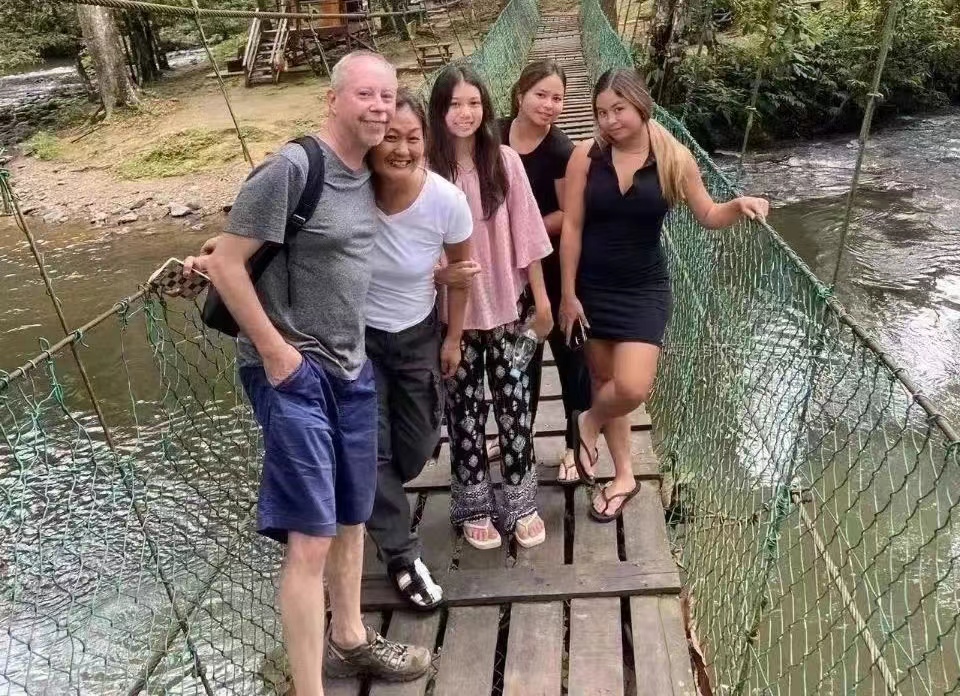
My experience in China has been centered around its ancient capital, Nanjing, but it parallels the story of China as a whole. My first visit to Nanjing was in 2012, when I was a professor working for a university in South Korea. Up until that point, China had been a vast and mysterious land to me. Growing up in England, it had once seemed impossibly far away from me, but now from Seoul it loomed large, just across the Yellow Sea, beckoning me. Though quite honestly I already knew of China's progress from all the media reports, my subconscious could not shake the stereotypes I had built about the country from my childhood.
But when I saw Nanjing for the first time, I finally realized how far China had come. Everywhere across the downtown city, elegant glass skyscrapers had risen, flashing their beautiful colorful designs and indecipherable Chinese characters. Expensive boutiques filled huge gleaming malls, and elegant young people walked on the streets. The roads seemed crammed, not with creaking bicycles but with luxury brands of foreign cars. Now, even my stubborn subconscious was able to move on, convinced that China had changed.
Exploring Nanjing further, I found its tranquil parks, a large beautiful lake, the well-preserved old districts and the imposing city walls. I began to grow very fond of this carefully balanced mix of old and new and marveled at how it was possible to step from the modern world to past centuries, and back again, within the space of a few minutes.
The visits to the Chinese Academy of Sciences (CAS) that had first drawn me to Nanjing grew more and more frequent. Science in China has begun its rapid rise, and the collaborations were fruitful. In 2016, I came to spend a sabbatical year in China on a CAS fellowship. In 2019 I took up the offer of a professorship at Nanjing University – moving to the city with my Chinese-speaking wife and our youngest daughter.
My fondness for Nanjing eventually got the better of me, and to my surprise and delight, I discovered that little coffee shops had by now sprung up almost everywhere, serving lattes and flat whites as good as any in a Western country. Good bakeries had also multiplied across Nanjing, satisfying my craving for crusty loaves. Cleaner streets and fresher air made this city more lovely to live in.
Meanwhile at work, my research lab is thriving, well supported by my university and filled with the bright young people who have come to work with me. Our research network has extended across China, linking up with new friends and collaborations in every corner of the country. Here, I find many scientists are keen to work together, and the results of these collaborations are particularly effective. Our success has integrated and become part of the rise of China as new science superpower.
???
Jonathan Miles Adams comes from Britain, and is a professor at School of Geography and Ocean Science, NJU.
Source: GLOBAL?NJU
The trio will conduct a series of experiments in fields such as life science, fluid physics, combustion science and materials science. Notably, this is the first time that fruit flies have been taken on a Chinese space mission as experimental subjects. What made scientists choose fruit flies? What experiment will they undergo?
